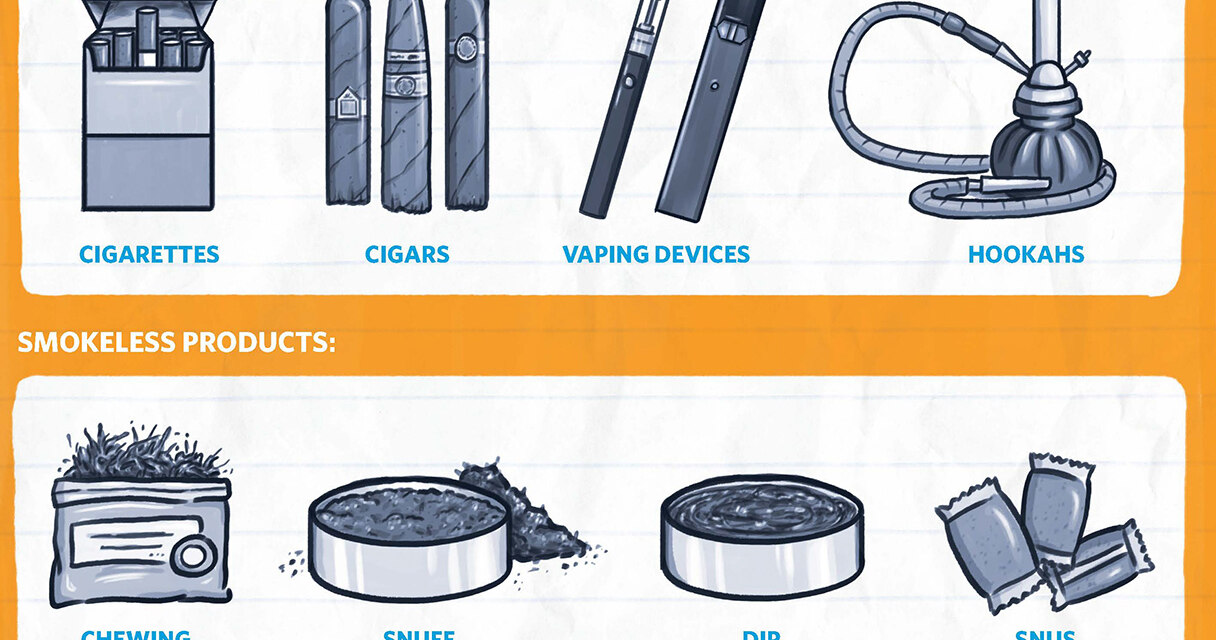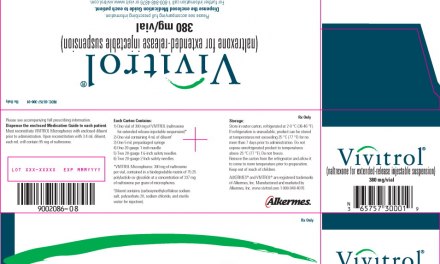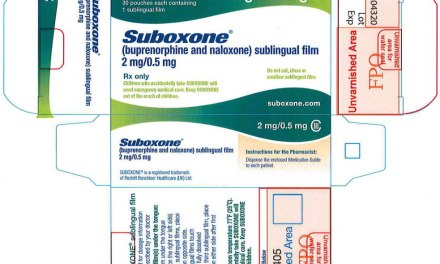It’s the notion of putting a cap— an upper limit– on the nicotine content of tobacco products. The FDA is pushing for one as I write this.
Here’s an overview of the proposed change, courtesy of CNN:
FDA advances proposal to set a nicotine limit on tobacco products
One question: The article mentions “tobacco products”, but would the new regulation apply to other nicotine products? Such as the current fad for pouches, with brand names like Zyn and Rogue and Lucy and Velo? Those make use of nicotine, but as a synthetic, produced in a lab.
The idea of upper limits to nicotine content has two main advantages. It would translate to fewer new users developing addiction in the first place. And likely reduce the severity of the withdrawal syndrome when a smoker attempted to quit– the majority of tobacco users do claim that they probably would quit, if it wasn’t so darned difficult.
For most people, the severity of tobacco withdrawal is dependent in large part on how much and for how long they’ve been smoking, chewing, sniffing, pouching, or huffing nicotine. A weaker habit would presumably be easier for someone to break.
In terms of public health, that would likely translate to a smaller number of people who use tobacco on a regular basis. Don’t worry, there will still be plenty of dedicated tobacco users out there, just fewer in number. Which, by the way, would be a serious boon to the health of our nation.
I don’t know anyone in healthcare who doesn’t think this is a terrific idea. Big Tobacco, however, will not agree. They’ll put up the usual resistance, lobbying Congress, filing lawsuits, etc. Over the years, they’ve become quite good at this. After all, a lot of money is at stake. It’s a heck of an incentive.
The CEO of the American Lung Association had this to say: “Making tobacco products non-addictive would dramatically reduce the number of young people who become hooked when they are experimenting. To fully address the toll of tobacco on our nation’s health and across all communities, it is critical to reduce nicotine levels to non-addictive levels in all commercial tobacco products, including e-cigarettes.”













